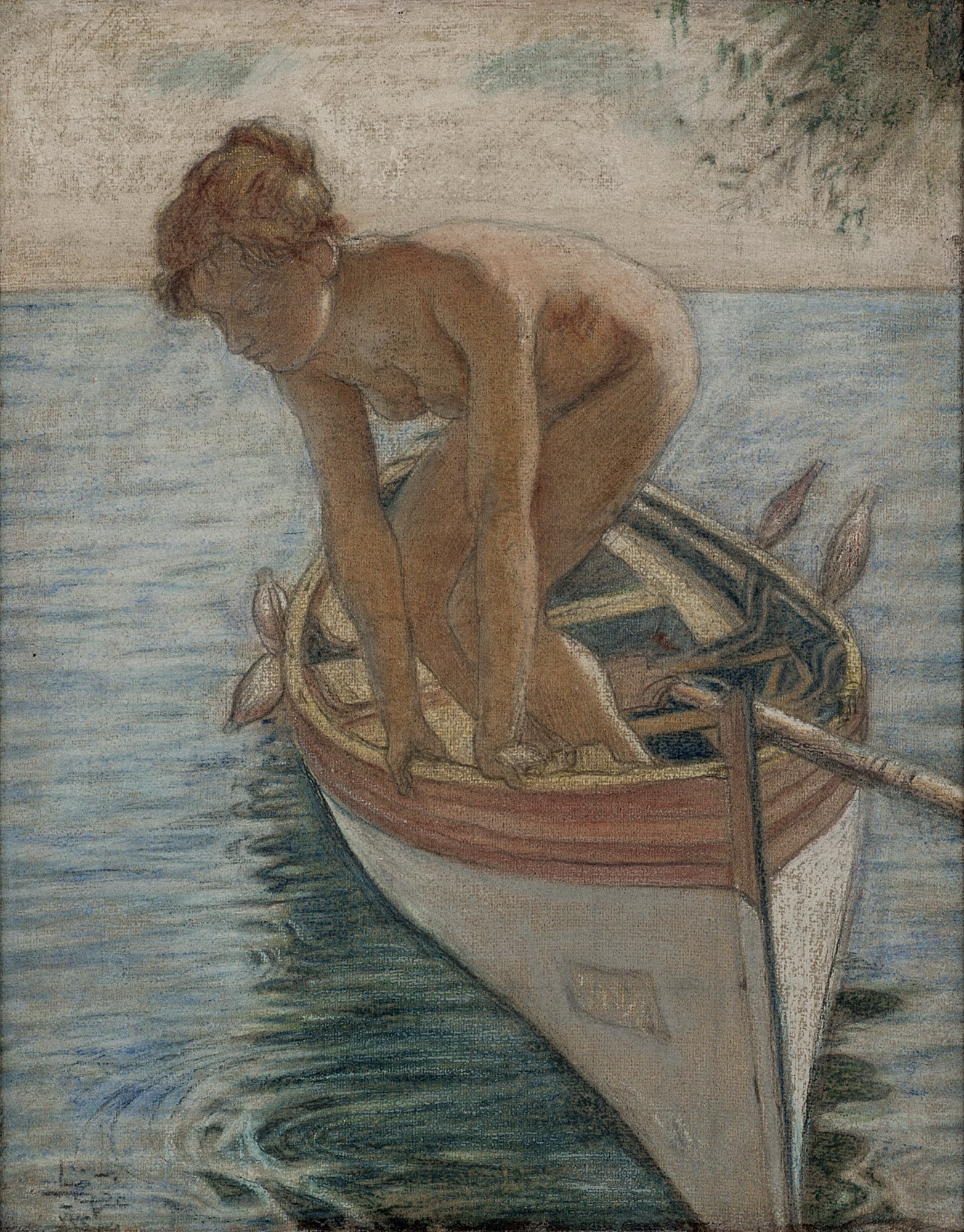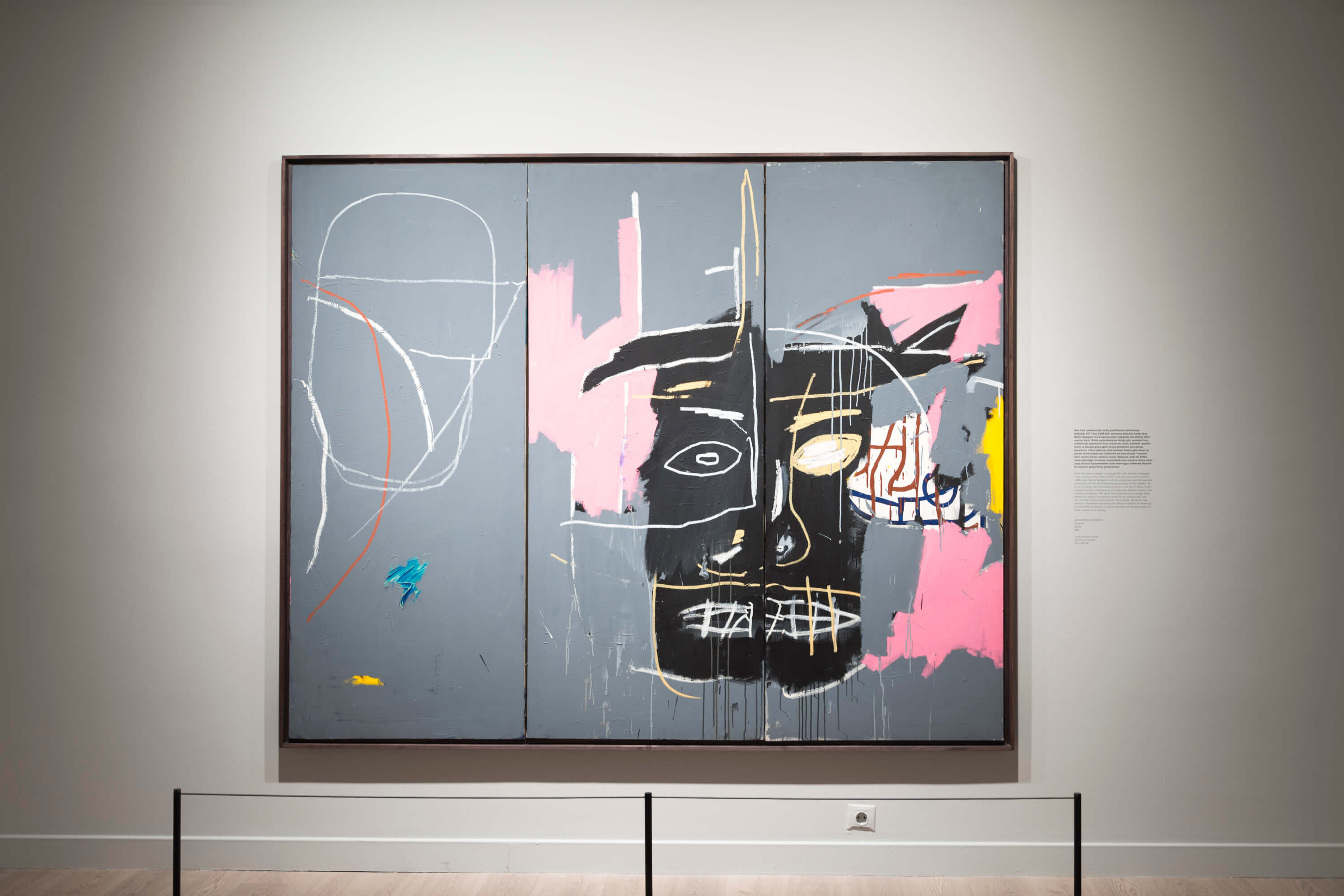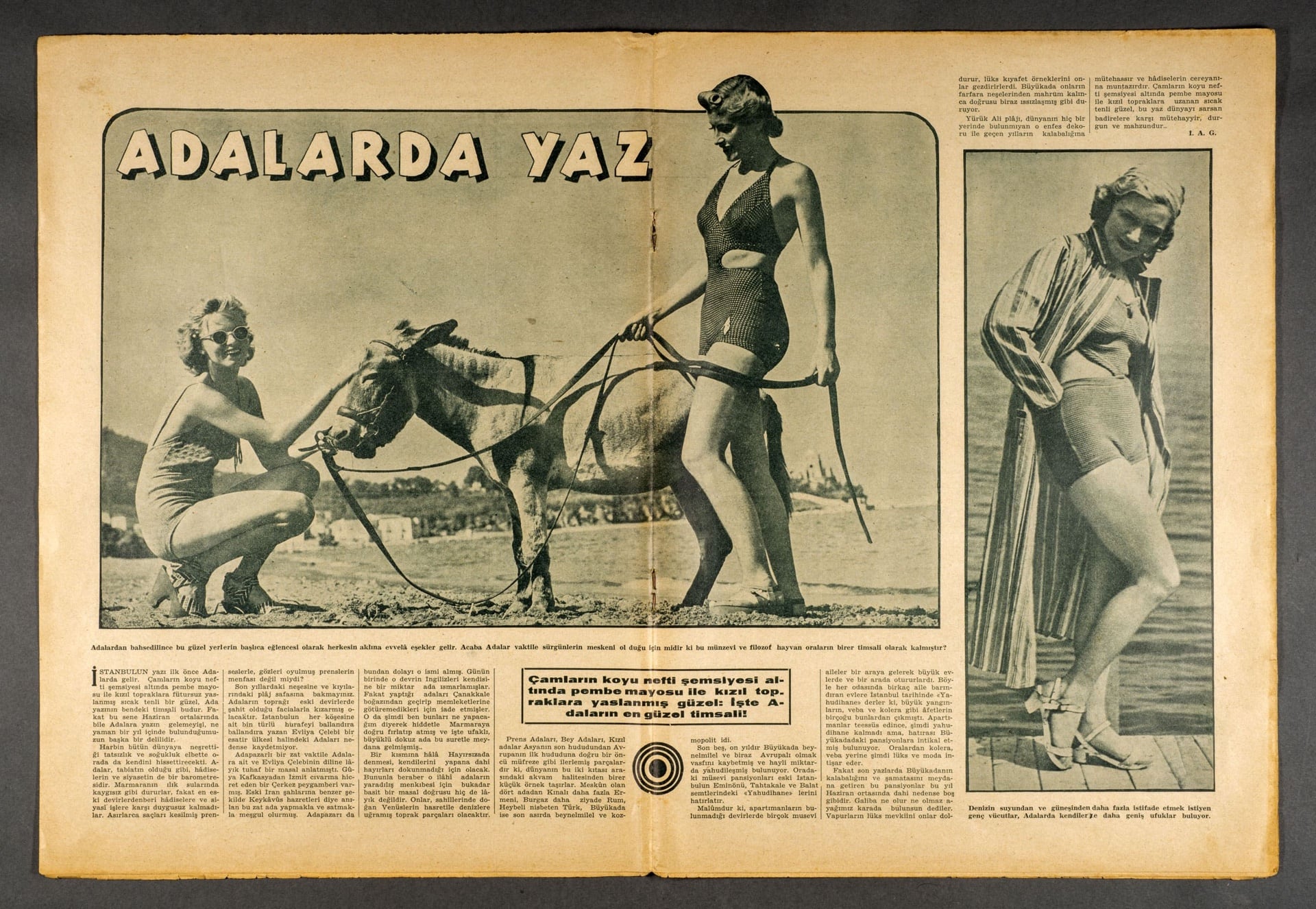Director: Rebecca Zlotowski
Cast: Léa Seydoux, Anaïs Demoustier,
Agathe Schlenker
France, 80’, 2010, color
French with Turkish
subtitles
Zlotowski’s
Belle Épine is a coming of age story about a teenage girl dealing with the death
of her mother and absentee father. The girl loses herself in antisocial
behavior, turning away from her Jewish heritage personified by her supportive
aunt and uncle, and drawn into the orbit of a wrong-side-of-the-tracks classmate
and her biker friends, who gather for chaotic, sometimes lethal night-time
motorcycle meets on the edge of town. The film won the prestigious Prix Louis
Delluc and was nominated for a César Award for lead actress Léa Seydoux. The
strikingly intimate portrait of a seventeen-year-old girl follows her transition
from disaffected youth to premature adulthood with astute psychological
observation.

Men were the first nudes in Turkish painting. The majority of these paintings were academic studies executed in oil paint; they were part of the education of artists that had finally attained the opportunity to work from the live model. The gender of the models constituted an obstacle in the way of characterizing these paintings as ‘nudes’.

The exhibition “Look At Me! Portraits and Other Fictions from the ”la Caixa” Contemporary Art Collection” examined portraiture, one of the oldest artistic genres, through a significant number of works of our times. Paintings, photographs, sculptures and videos shaped a labyrinth of gazes that invite spectators to reflect themselves in the social mirror of portraits.

Istanbul’s Seaside Leisure: Nostalgia from Sea Baths to Beaches exhibition brought together photographs, magazines, comics, objects, and books from various private and institutional collections, and told a nostalgic story while also addressing the change and socialization of the norms of how Istanbulites used their free time. Istanbul’s Seaside Leisure was a documentary testament of the radical transformations in the Republic’s lifestyle.
Tuesday - Saturday 10:00 - 19:00
Friday 10:00 - 22:00
Sunday 12:00 - 18:00
The museum is closed on Mondays.
On Wednesdays, the students can
visit the museum free of admission.
Full ticket: 300 TL
Discounted: 150 TL
Groups: 200 TL (minimum 10 people)